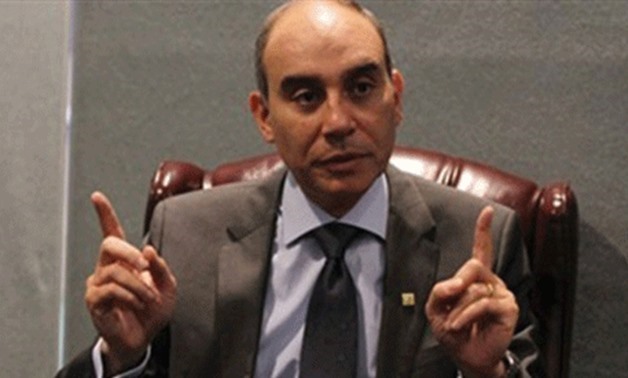
Permanent Representative of Egypt to the United Nations Ambassador Alaa Youssef - UNOG
CAIRO - 27 October 2018: Permanent Representative of Egypt to the United Nations Alaa Youssef displayed the country’s efforts to boost investments within the national strategy “Egypt 2030 Vision” in the World Investment Forum 2018 in Geneva.
The forum took place on Oct.22 - 26 and was organized by the United Nations Conference on Trade and Development (UNCTAD). The main documents discussed are Investment Policy Framework for Sustainable Development; Reform Package for the International Investment Regime; Global Action Menu for Investment Facilitation; Entrepreneurship Policy Framework; World Investment Report 2018: Investment and New Industrial Policies.
The ambassador described the forum this year as a great opportunity to hold a dialogue among officials, investors, international organizations, and civil society to discuss creative solutions to make investment meet sustainable development goals.
Egypt 2030 Vision aims at achieving sustainable development and comprehensive growth covering all economic, social, and environmental aspects pertinent to such goals.
Ambassador Youssef highlighted that Egypt promulgated a new investment law in 2017, and adopted a number of institutional and administrative reforms to eliminate obstacles that used to face investors ensuring equal opportunities, youth empowerment, environment protection, health preservation, and transparency.
The ambassador stated that those measures had a positive impact on attracting more local and foreign investments. UNCTAD ranked Egypt first as investment destination in Africa and third in the Middle East during the first half of 2018, as total foreign investment inflows hiked to 24 percent compared to the first half of 2017.
Egypt embarked on a bold economic reform program that included the introduction of taxes, such as the value-added tax (VAT), and cutting energy subsidies, with the aim of trimming the budget deficit. The country floated its currency in November 2016 before it clinched a $12 billion loan from the International Monetary Fund (IMF).
Regarding Global Competitiveness Index (GCI), Egypt came in the 94th place in the 2018 GCI among 140 world countries, recording 63.4 points, and gaining 0.4 point compared to the rating of 2017.
Egypt also occupied the 24th position among 140 states in the GCI report in the market size. The GCI report tackles 12 main pillars, including financial system, institutions, labor market and business dynamism.
Comments
Leave a Comment